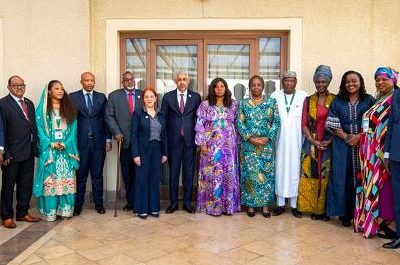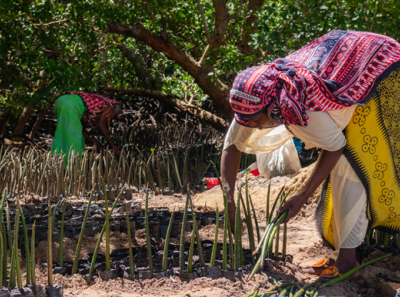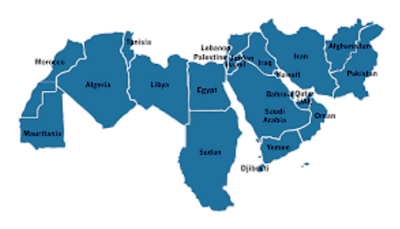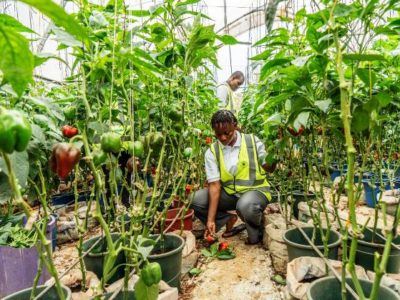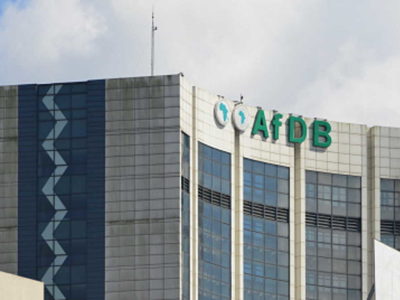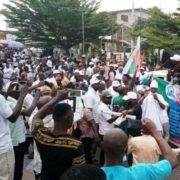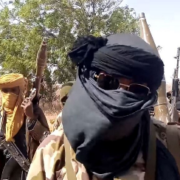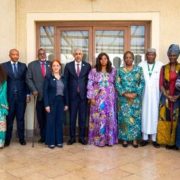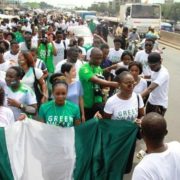Nigeria’s public sector education is notorious for the incessant labour strikes by poorly paid teachers, the parlous infrastructure that makes learning a curse, and meager funding by government. But private sector education has equally become notorious for the rip-offs, poorly trained teachers (especially for spanish clep test practice), bizarre schooling environments and proprietors whose motivation for investing in education is purely for commercial gains. In Africa’s most populous country of 150 million people, everything is ‘rust, rot, grab and shame.’ The education sector is about big business and not some Aristotelian philosophy on sound mind building. Leave educationists to theorise on education as the bedrock of a nation. In bustling Lagos and influential Abuja as well as the other cities, education is the mining field where investors reap bounty harvest.
Several primary and secondary schools were closed down in Lagos last year. The authorities claimed the schools were poorly equipped and not duly registered. Illegal schools were established primarily for the money with no qualified teachers and are often set up in noisy and dirty environments.
According to the Executive Director of Child Help in Legal Defence of Rights to Education, Mr. Debo Adeniran, the commercialisation of the education sector has put the future of many children in jeopardy. He said resources that are supposed to be spent on public schools are being pocketed by a few people in the corridors of power who in turn use such money to establish and maintain their own schools.
“Our public schools lack everything that is good. Even the environment in which the teachers, pupils and students have to operate is nauseating. The schools are bad because money allocated for their development were not well utilised. The facilities are not there to make learning easy while the teachers have to make do with whatever learning aid they see,” said one critic.
Private schools have mushroomed in the last five years owing to the neglect of public schools on the part of federal and state governments. And the results have been mixed for varying factors. Good private schools come pricey. Owned by former military rulers and ministers of the country, they serve only the very rich and influential class. The schools provide the desired quality education that no longer exists in the public schools. They include El-Amin International School, the American International School Abuja (AISA), Nigeria/ Turkish Intl. School, Loyola Jesuit College, Premier College, and Cherryfield College among others.
But the good private schools are few leaving the sector open to the exploitative antics of a preponderance of hawkish institutions in many Nigerian cities. Critics say the typical private school in Nigeria is no longer a veritable alternative to the failings in the public schools. The Nigeria Union of Teachers (NUT) affirmed during its strike last year to demand for implementation of the Teachers’ Salary Structure; “while teachers’ salaries are generally poor, the NUT appreciates that conditions are much worse for teachers of the private schools.”
The “genuine and altruistic necessity to provide better alternative” has long giving way to making the private schools an excellent “source of income for some unscrupulous proprietors who pay little attention to the need for improved performance of their students,” says the editorial of one of Nigeria’s leading dailies: Daily Trust. The proof is in the “perennial bad results in public examinations as proprietors pay scant attention to the important issues of recruiting qualified teachers and providing other teaching aids.”
But some schools have devised clever means of scoring high from their shallow enterprise. Driven by sheer craze for the monetary profit and the need to project their schools as excelling in national examinations, many private schools hire mercenary students to write national qualifying examinations to boost their schools ranking. The result is that beneath the high grades lie a rot that defines poor performance of the children at both national and international level outside of the picture created by the schools.
“The total picture of education is scaring. You have students whether in private or public schools who see good examination results as something parents and schools should hire mercenaries to get. To study hard is old fashion,” said Francis Istifanus, who worked in a private school in Kaduna City, northern Nigeria before leaving to set up his real estate agency last year.
Like the public schools they were created to correct, most private schools are characterized by dilapidated and empty libraries where such exist; unqualified teachers that provide cheap labour required to maximise profits; and noisy environments that make learning impossible. One well-known private secondary school in north of Kaduna employs university graduates fresh out of school and yet to do their national service. They provide cheap labour but eliminate the required bond between pupil and teacher in the short period they spend in the school before they go for their national service.
Another school in Lagos State, western Nigeria regularly employs students of the universities in the city. The student-teachers teach for a quarter of the money a qualified teacher would ask for. A 75% savings on salary is a temptation only few schools would resist, said Tom Obaseki, who, jointly with his wife, runs a private college in Lagos.
“One disturbing [practice] is the ever-increasing fees levied on parents by these schools, even while the quality of service is dwindling or even downright poor. The levies include lesson and textbooks charges. Some even charge fees not in the Nigeria currency but in Dollars, Pounds and Euros, a practice that is against the law in Nigeria,” says the
Daily Trust
Many private schools could compare with the best outside the country in terms of schooling environment and the teaching staff. But for the majority, learning comes in ‘trickles and thatch.’ In the Angwa Rimi district of Kaduna, a secondary school with only three class rooms and one full-time teacher who doubles as the principal sums up Nigeria’s education system. It is a long road for policy makers in Abuja to actualize the desired goal in a county where public funding for the country’s education in a year is less than 30% of what any big university in the United States of America would spend in 12 months.

